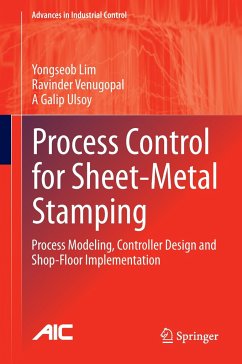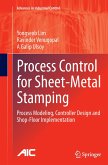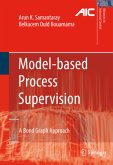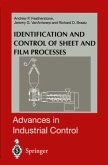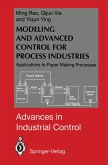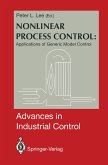Process Control for Sheet-Metal Stamping presents a comprehensive and structured approach to the design and implementation of controllers for the sheet metal stamping process. The use of process control for sheet-metal stamping greatly reduces defects in deep-drawn parts and can also yield large material savings from reduced scrap. Sheet-metal forming is a complex process and most often characterized by partial differential equations that are numerically solved using finite-element techniques. In this book, twenty years of academic research are reviewed and the resulting technology transitioned to the industrial environment. The sheet-metal stamping process is modeled in a manner suitable for multiple-input multiple-output control system design, with commercially available sensors and actuators. These models are then used to design adaptive controllers and real-time controller implementation is discussed. Finally, experimental results from actual shop floor deployment are presented along with ideas for further improvement of the technology. Process Control for Sheet-Metal Stamping allows the reader to design and implement process controllers in a typical manufacturing environment by retrofitting standard hydraulic or mechanical stamping presses and as such will be of interest to practising engineers working in metal-working, automotive and aeronautical industries. Academic researchers studying improvements in process control and how these affect the industries in which they are applied will also find the text of value.

